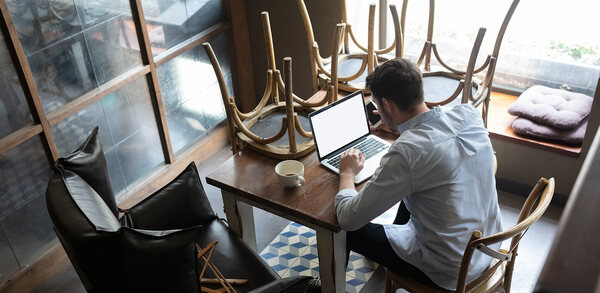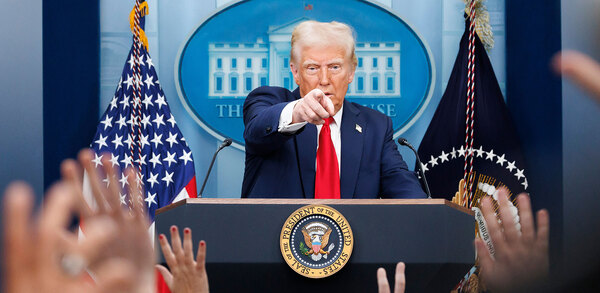Viewpoint: Hotel bed taxes could backfire
With Liverpool a possible UK pioneer of a hotel bed tax, Louise Clarke considers how the extra charges could affect hospitality and guests
Liverpoolâs visitor economy has grown significantly in recent years, and is now thought to be worth more than £4b. But what about the towns and cities where visitor numbers arenât as high? And what will extra taxes mean for hotels and their guests? There are two sides to the tourist tax argument, and if it is going to be adopted, several things must first be considered.
Recent news reports about a UK tourist tax have mentioned a £1 per room per night charge. For short stays, thatâs unlikely to have much effect on the average couple or family. But where larger groups are concerned, it could be an issue.
Groups booking a night out in a city may be put off by the extra charge, which could be significant for large numbers. In cases where the night out is more important than the city itself, groups may decide to visit an alternative city or hotel, particularly in a nearby location â" Manchester, say, in the case of Liverpool â" diverting nightlife tourism away from areas with tourist taxes.
The charges may also hit conferences, which involve large numbers of business travellers staying at hotels. Companies booking conference accommodation may simply select an alternative city if one location has significant extra charges.
Business travel often accounts for a major part of income for hotels, and these charges could pose a serious threat to this income. If businesses donât want their overall hotel costs to increase, they may force down the rates paid to the hotels. In effect, it will be hotels that pay the bed tax.
If a tourist tax is introduced, it should be enforced equally across all accommodation types. Will hotel alternatives such as Airbnb adopt the same tax, at the same time? If not, they may become a more attractive offer.
When booking holidays and hotels, guests want simplicity, and a tourist tax should not compromise that. If it is adopted, we need a clear process and an understanding of how guests will be charged. Guests who have prepaid for accommodation donât like surprise charges at the end of, or during, a stay; it could trigger a bad review, which can be costly given the power that review websites have over booking decisions.
In some EU countries with tourist taxes, guests are charged a percentage on top of their total hotel bill, which can include food and drinks. If guests know they will be paying extra for F&B in the hotel, they may simply decide to eat elsewhere.
The amount of money Liverpool is expected to raise from a hotel bed tax would no doubt be a positive thing for the city. But councils must ensure that the additional costs paid by guests are invested directly in improving the visitor economy, and do not end up being diverted elsewhere.
Louise Clarke is the revenue director at Valor Hospitality Europe



















